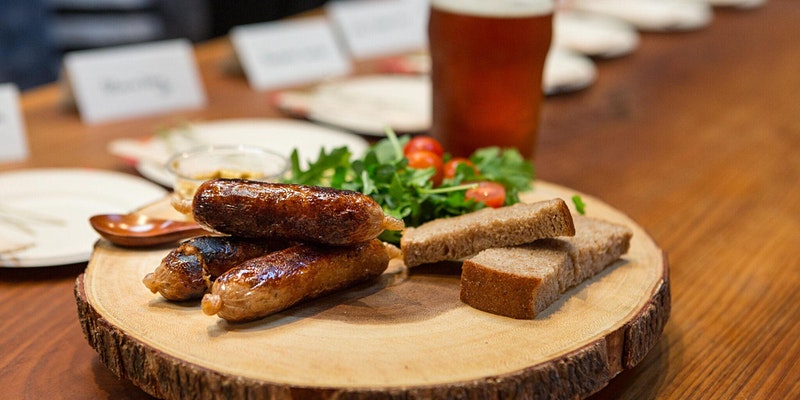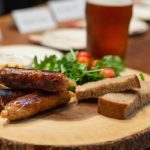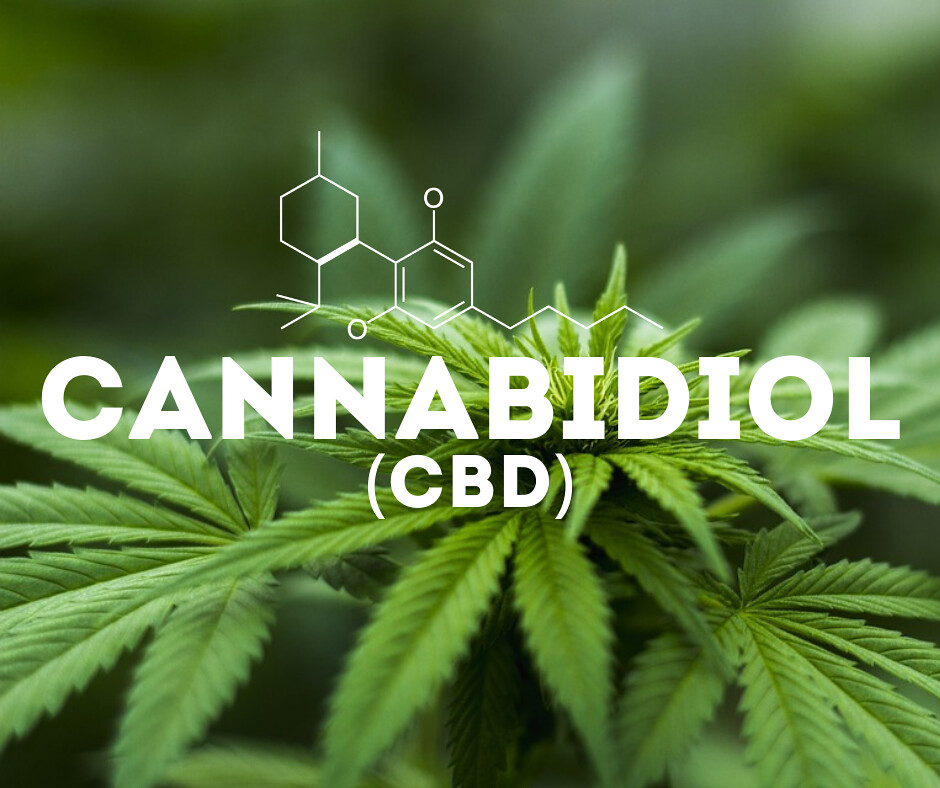What is a trash wheel? What role do they play in protecting Baltimore’s harbor and wildlife from pollution? Adam Lindquist, the director of Healthy Harbor, answered all of our questions about our trash-intercepting, googly-eyed neighbors and the rest of Healthy Harbor’s initiatives!
Category: PastSeminar
Rethinking Meat to Feed 10 billion

Growing meat directly from plants, microbes, and animal cells will allow us to build a food system that is better for human, animal, and planetary health. However, catalyzing this paradigm shift is a vast, multidisciplinary effort that requires scientists and engineers from disciplines ranging from tissue engineering and synthetic biology to computational science and chemical engineering. Join The Good Food Institute’s Amy Huang to explore the state of alternative protein research with a focus on illuminating the research white spaces that need to be filled if we’re to power a transition away from industrialized animal agriculture.

Bio of the speaker: Amy Huang is the University Innovation Manager at The Good Food Institute. At GFI, Amy works with students and faculty around the world to turn universities into hubs for alternative protein research and education. In addition to working with scientists and engineers to address priority white spaces in plant-based and cultivated meat technologies, she focuses on bringing diverse stakeholders together through the formation of student groups, global scientific communities, and interdisciplinary research centers. Amy graduated from Harvard University with an AB in economics and global health.
Making plastics from methane
Mango Materials is a San Francisco-based company that manufactures biodegradable materials using bacteria that feed on waste biogas (methane). The company’s end product is a naturally occurring polyhydroxyalkanoate (PHA) polymer that can biodegrade in many different environments. Since 2012, Mango has developed PHA that can be used to create textile fibers as a polyester replacement and that can be used to create injection molded packaging for the cosmetics industry.
This talk by Dr. Anne Schauer-Gimenez, Vice President of Customer Engagement and co-founder, discussed the journey from methane to end-product application, end-of-life biodegradability, and next steps for the company as it transitions to commercialization.
Covid-19: Vaccines and Variants
Thanks to Dr. Nick Wohlgemuth, a virologist at St. Jude’s Children’s Research hospital, for a fantastic seminar on the epidemiology and natural history of the SARS-CoV-2 virus, what the emergence of variants means for the vaccines, and how to tell if someone is protected.
In this seminar, Dr. Govind Rao of UMBC discussed manufacturing biologics on demand, novel approaches to detect Covid-19, and low-cost incubators for preemies with built-in sensors. Amazing developments, and we discuss how they can change the health care landscape!
Biology Meets Art

We had a terrific seminar from Dr. Heidi Hehnly, a leader in exploring the interface between the cytoskeleton and cell membranes, and Dr. Boryana Rossa, an interdisciplinary artist, about their work in BioArt and their efforts to bring faculty and grad students together to share their research or look at it from the perspective of a different discipline.
Science Slam! December 2020
Science Slams are a great way to learn about some remarkable science that is going on in Charm City! These 5-10 min science talks from local scientists are hosted by Johns Hopkins Project Bridge and BUGSS.
At our December event, 5 local scientists presented their work:
Sebastian Markert, “Beam me up Wormy”
Priya DasSarma, “Ancient Pink and Purple Microbes for Research and Education”
Adrianna Ayiotis, “Human Vestibular Implant Clinical Trial”
Arathy Kartha, “Hate 2020? Ask a Vision Scientist”
Kate Gillespie, “Hey Fishy, you fertile?”
Ask A Virologist
Viruses (okay one in particular!) have become a central part of our lives, changing most aspects of our day-to-day routine. These tiny, and not so tiny, snippets of nucleic acid and protein can have profound effects. What is a virus? How do they work? Why is SARS-2 having such a profound effect compared to other viruses? And what precautions should we be taking?
We were so fortunate to have Dr. Richard Condit, Professor Emeritus from the Univerity of Florida and Host and producer of This Week in Virology, join us for a Q&A all about viruses. It was fascinating!
Covid-19 and mental health
Covid-19 has dramatically affected all of our lives. There have been a broad range of emotional effects related to the pandemic, and certain stressors have affected a large majority of the population. On August 28, 2020, Dr. Sonia Bansal of the Maryland Psychiatric Research Center at the University of Maryland School of Medicine discussed recent research showing the effects of the pandemic on mental health across the country, the enormous long-term consequences for families, communities and societies, and the necessity of addressing the mental health needs associated with the pandemic.
Making Sense of CBD

The number of cannabidiol (CBD) products on store shelves has exploded, with an array of supplements, oils, creams, and gummies now being available. Is this the latest snake oil or do CBD products really have tremendous healing potential? We’ll hear from experts on all sides of the issue as they give us the facts on what we can be hopeful about and what is just hype.
Featuring:
Dr. Kathleen Kennedy, RxRemedies, a company that sells “natural, plant-based products backed by medicinal science”
Dr. Leah Sera, Program Director for the Graduate Program in Medical Cannabis Science & Therapeutics at the University of Maryland School of Pharmacy
Dr. Michael Lewis, M.D., MPH, MBA, US Army Colonel (Ret), founder of the Brain Health Education and Research Institute